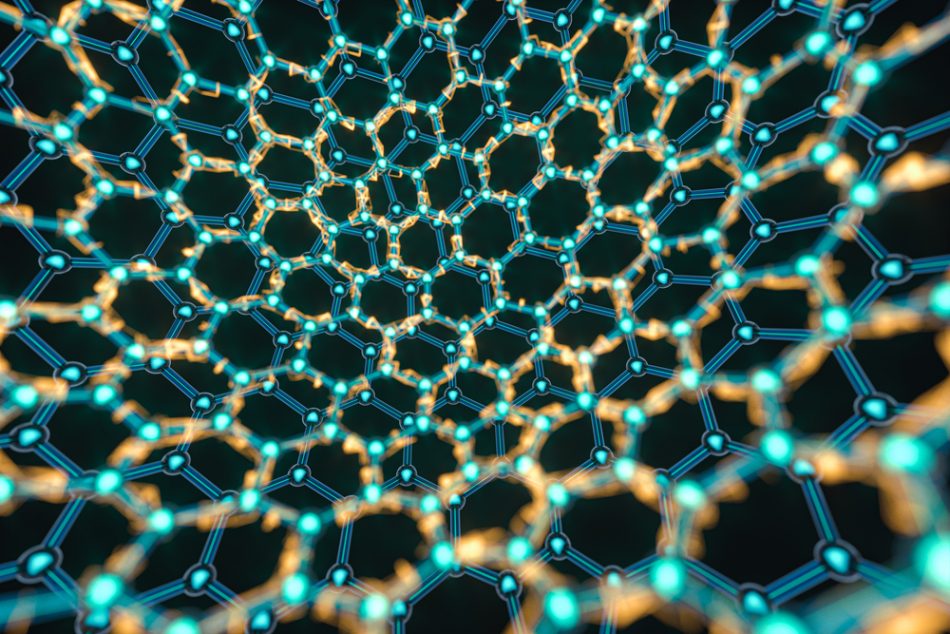
Check out this smart dissolving pacemaker
Last year we wrote an article about a wireless pacemaker developed by a team from Northwestern University. The innovative device is made of materials that can undergo chemical reactions to dissolve in the body once it isn’t needed anymore, reducing the risk and damage that complicated open-heart Read More...

BU-led team aims to treat heart disease by growing new heart tissue
The heart is arguably the hardest-working and most important organ in the body. Starting the moment it’s formed in the womb the heart has to keep working for the rest of our lives. What’s more daunting is that the heart can’t repair itself. Once a ventricle or aorta is damaged, the heart just Read More...

This miniature heart could help cure heart disease
The heart, in a way, is the body's motor. Its job is to pump and circulate blood around the body to provide oxygen to all of our other tissues. Because of its key role, cardiac trouble and dysfunction mean serious health concerns. This is responsible for one in every four deaths annually in the Read More...

Scientists grow an artificial fish from human heart cells
From this headline you probably have a lot of questions, so let us explain. This seemingly crazy science experiment was carried out by a collaboration between Harvard University and Emory University, with the end goal of growing an artificial heart that pumps on its own. "Our ultimate goal is to Read More...

This new biomaterial can repair damaged organs
When a complex problem like organ damage arises, the solution generally comes from a wide range of experts. Scientists from McGill University combined knowledge of biology, chemistry, physics, and engineering to come up with a cutting edge technique in regenerative medicine. The group invented a Read More...

What's interoception and how does it affect our self-image?
The sayings “trust your gut,” and “follow your heart” may ring truer than we thought. A new study by researchers from Anglia Ruskin University demonstrates a link between negative body image and weak brain responses to signals from the gut and heart. The researchers believe that these newly Read More...

Study: A good night’s sleep can help stave off heart failure risk
One more reason to get that good night’s sleep: people with healthy sleep habits may help protect themselves from heart failure. At least, those are the findings of a recent study that analyzed the relationship between healthy sleep patterns and heart failure. The study, which looked at data Read More...

Lab-grown mini hearts could help scientists treat cardiovascular diseases
One of the biggest challenges facing research around how the human heart develops is access to a developing heart. That may no longer be a problem thanks to a team of scientists who have created the first-ever functional miniature human heart in the lab. Grown from stem cells, the human heart Read More...

Study: Practicing mindfulness can keep your heart healthy
Meditation has long been touted for its potential to improve individual well-being, including the reduction of stress, anxiety, and depression. But little research has explored how the practice can benefit our physical health. A recent study, however, brings new evidence to the table, showing that Read More...

Eating capers activates key proteins in the brain and heart
If you enjoy capers, we have good news for you. According to a recent study, a commonly found compound in pickled capers, quercetin, activates proteins required for normal human brain and heart activity. The study, which was published in Communications Biology, found that quercetin can directly Read More...


